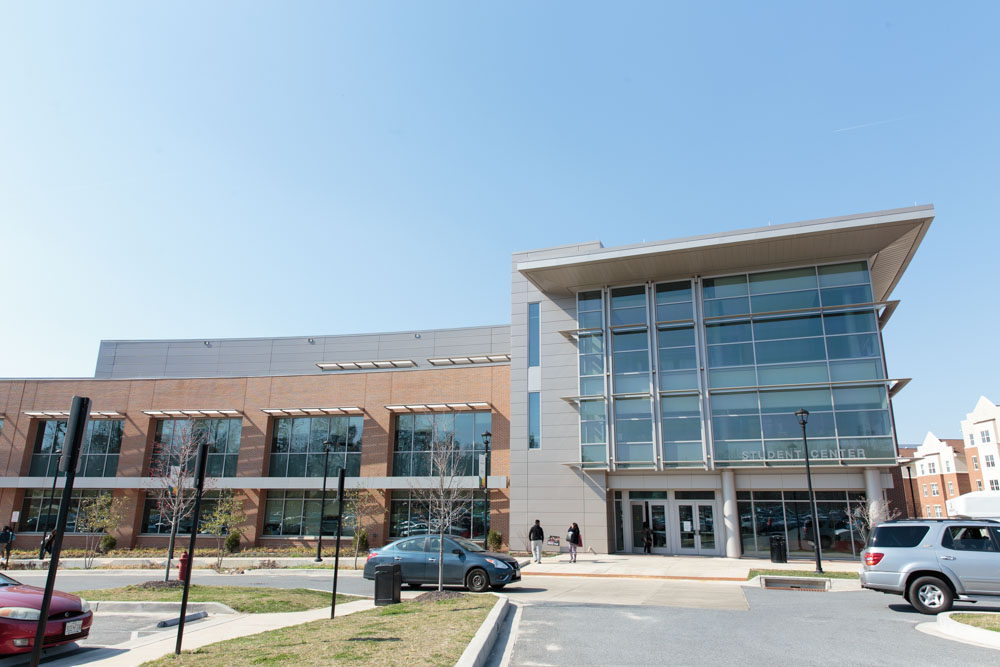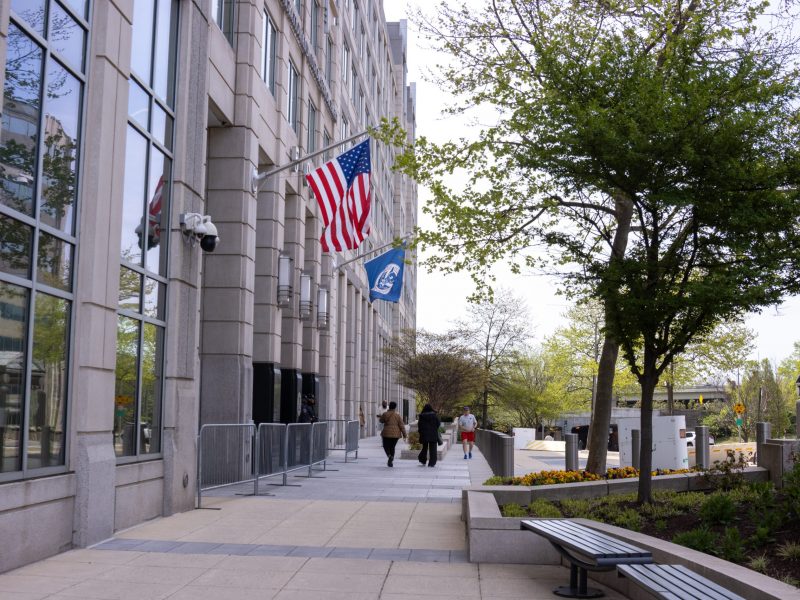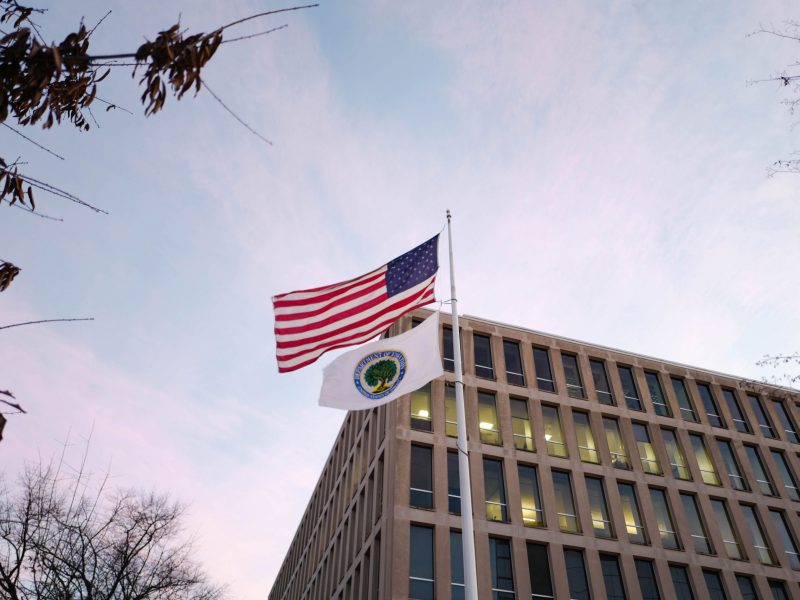Before signing an executive order supporting historically black colleges and universities on the last day of Black History Month, President Trump declared these schools would be “an absolute priority” for his administration.
Trump signed the Feb. 28 order — which moves White House HBCU initiatives from the U.S. Education Department and houses them in the Executive Office of the President — after meeting with dozens of HBCU presidents and leaders in the White House a day earlier. The event included photo-ops and a listening session with Vice President Pence and Education Secretary Betsy DeVos.
“This is a very important moment, and a moment that means a great deal to me,” Trump said.
But certain specifics on how the order will meet the needs of HBCUs in Maryland and across the United States remain unclear, leaving some leaders unsatisfied.
[Read more: University System of Maryland is not free of segregation, lawsuit says]
Morgan State President David Wilson told The Baltimore Sun he was “cautiously optimistic” following the session. But John Wilson, president of Morehouse College — an all-male HBCU in Atlanta — described the meeting with Trump as a “troubling beginning.”
Aside from Morgan State, all of the state’s HBCUs belong to the University System of Maryland.
The central issue for John Wilson and other HBCU presidents is a lack of information or allocation of federal funding for their schools, particularly for campus infrastructure, Pell Grants and financial aid.
“My main concern is for my students having appropriate funding to attend college and complete college,” Coppin State University President Maria Thompson said. “So Pell Grants and any other assistance to my students would be paramount, and that executive order does not address that need.”
To help ensure Trump’s executive order meets these needs, HBCU presidents are asking Congress to provide $25 billion in the federal budget for “infrastructure, college readiness, financial aid and other priorities,” according to PBS. HBCUs received $4 billion over a seven-year period under former President Barack Obama.
[Read more: The USM’s new 29-member diversity council will prioritize inclusion on college campuses]
In response to Trump’s gathering, University of Maryland Eastern Shore President Juliette Bell wrote “students need access to financial aid so they are not burdened by crushing debt after graduation.”
As of fall 2015, more than 100 HBCUs existed nationwide with about 293,000 students enrolled, according to the Pew Research Center. Coppin State and UMES are two of the four historically black colleges and universities in this state, along with Morgan State and Bowie State University.
John Wolfe, USM’s associate vice chancellor for diversity initiatives and academic leadership development, agreed these colleges and universities need more federal funding.
“[HBCUs] need programs, they need support services, they need funds to help maintain and expand their program reach to serve students from all aspects of American society,” Wolfe said. “The needs are large.”
Executive orders detailing White House initiatives on HBCUs have existed since former President Jimmy Carter, Thompson said. But Trump’s decision to move the initiative from the education department to the White House could be a clear-cut way for these institutions to get the funding they need, Wolfe said.
“The basic thing is [HBCUs] are seeking assistance and support from the federal government,” he said. “The most explicit way to do that is having direct access to the president.”
While Trump hasn’t picked an executive director for this initiative or presented a budget, Wolfe said it is premature to speculate what the order could mean for HBCUs. He added that an appointment of an executive director for the project could be “revealing” for the future.
In the meantime, Thompson said she will remain committed to finding ways to meet Coppin State’s needs.
“As always, Coppin State University will work with the Congressional delegation in Washington … to make sure the needs of our students and our institutions, our voices are heard and our needs are addressed,” she said.



